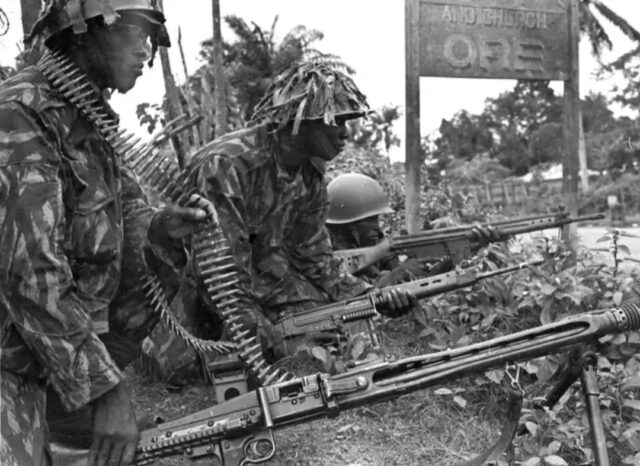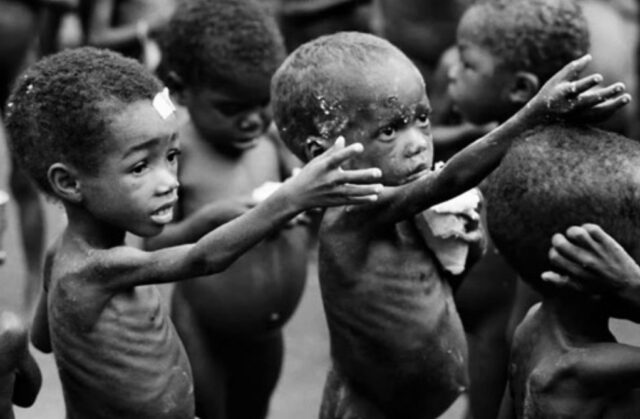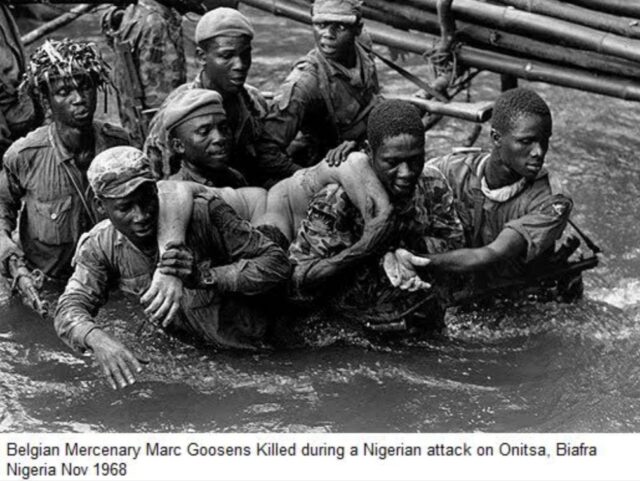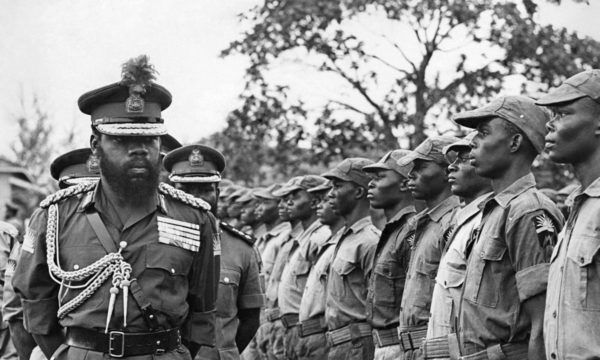The Biafran War, also known as the Nigerian Civil War, was a significant conflict that took place in Nigeria from 1967 to 1970. It had far-reaching implications for the region and left a lasting impact on Nigeria’s history, making it an event worth studying. Let’s delve into 5 intriguing facts about this war.
Historical Background:

The southeastern region of Nigeria triggered the Biafran War through a struggle for secession, proclaiming itself as the independent Republic of Biafra. The secessionist movement was led by Igbo ethnic nationalists who sought to establish a separate state due to perceived marginalisation and discrimination by the Nigerian government. The war broke out on July 6, 1967, when the Nigerian government declared a blockade of the Biafran region, leading to a long and bloody conflict that lasted for three years.
Causes of the Conflict:
The Biafran War had multiple causes, including political, ethnic, and economic factors. Ethnic tensions and regional imbalances in power and resources were major drivers of the conflict.
The Igbo people, who dominated the southeastern region of Nigeria, felt marginalised and oppressed by the Nigerian government, which was largely controlled by the northern Hausa-Fulani and western Yoruba ethnic groups. This led to a desire for secession and the establishment of an independent Biafran state.
Economic factors such as control over oil reserves in the southeastern region also played a significant role in the conflict.
Humanitarian Crisis:

The Biafran War resulted in a severe humanitarian crisis, with widespread famine and disease affecting the civilian population. The Nigerian government imposed a blockade on the Biafran region, resulting in a shortage of food, medicine, and other essential supplies. The lack of access to basic necessities led to a catastrophic humanitarian crisis, with estimates of over one million to six million deaths, including many children, due to starvation and related diseases.
The impact of the war on Nigerians garnered international attention and humanitarian efforts were launched to provide aid to the affected population.
International Involvement:
The Biafran War received significant international attention and involvement. Several countries provided support to both sides of the conflict, with the Nigerian government receiving military assistance from countries such as the Soviet Union, the United Kingdom, and Egypt, among others. On the other hand, the Biafran secessionists received support from countries like France, Israel, and Portugal, among others. The involvement of foreign powers further complicated the conflict and prolonged its duration.
Aftermath and Legacy:

The Biafran War ended on January 15, 1970, with the defeat of the Biafran secessionists and the reintegration of the region into Nigeria.
The war had a lasting impact on Nigeria, leading to significant changes in its political, social, and economic landscape. It further deepened ethnic tensions and resulted in a sense of loss and trauma for the Igbo people, who suffered the most during the conflict. Nigeria still feels the lasting impact of the Biafran War, with its legacy continuing to shape the country’s history and politics, evident in the scars that remain.
In conclusion, the Biafran War was a complex and significant battle that still nurtures conflict and a feeling of injustice in the hearts of many Nigerians. As the country still fights to recover from the aftermath, we all hope for and pursue a better Nigeria where equality, peace and love are the new order of the day.














